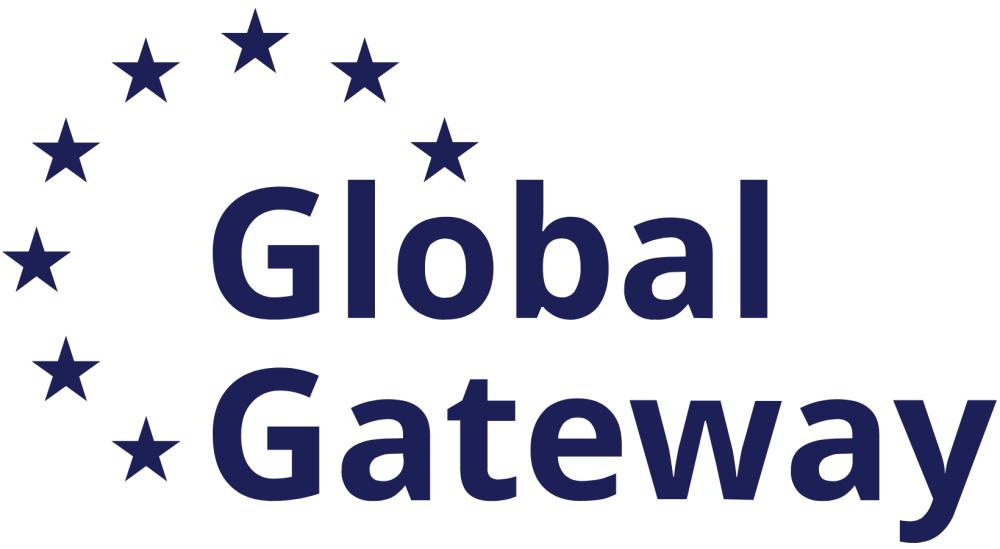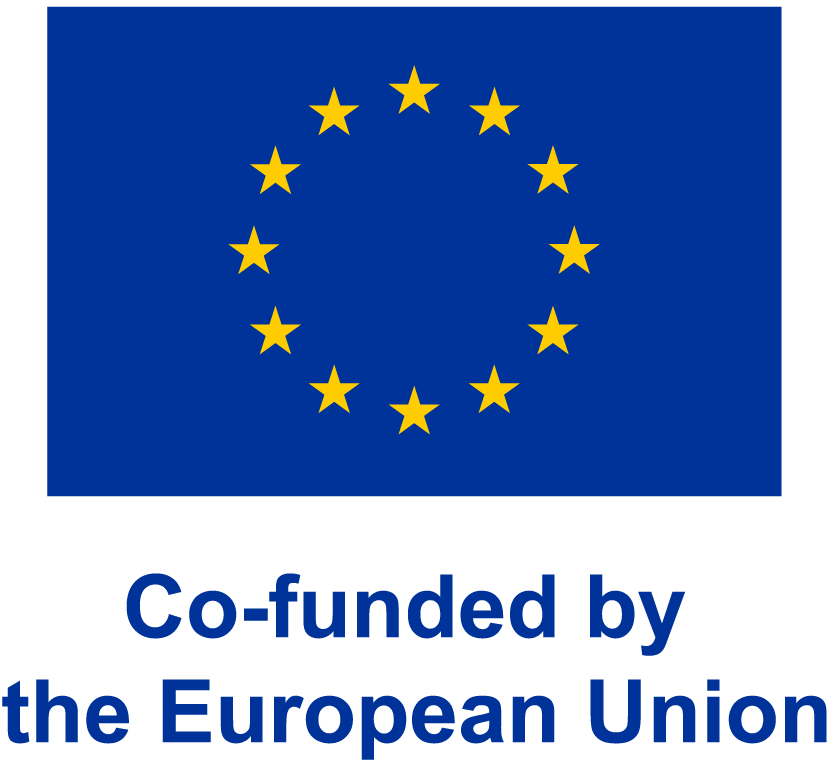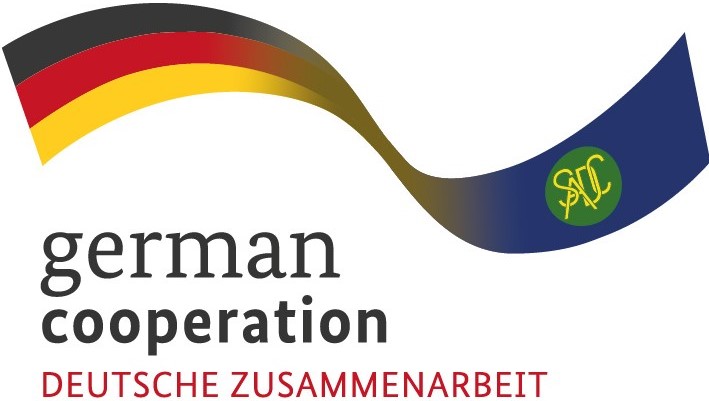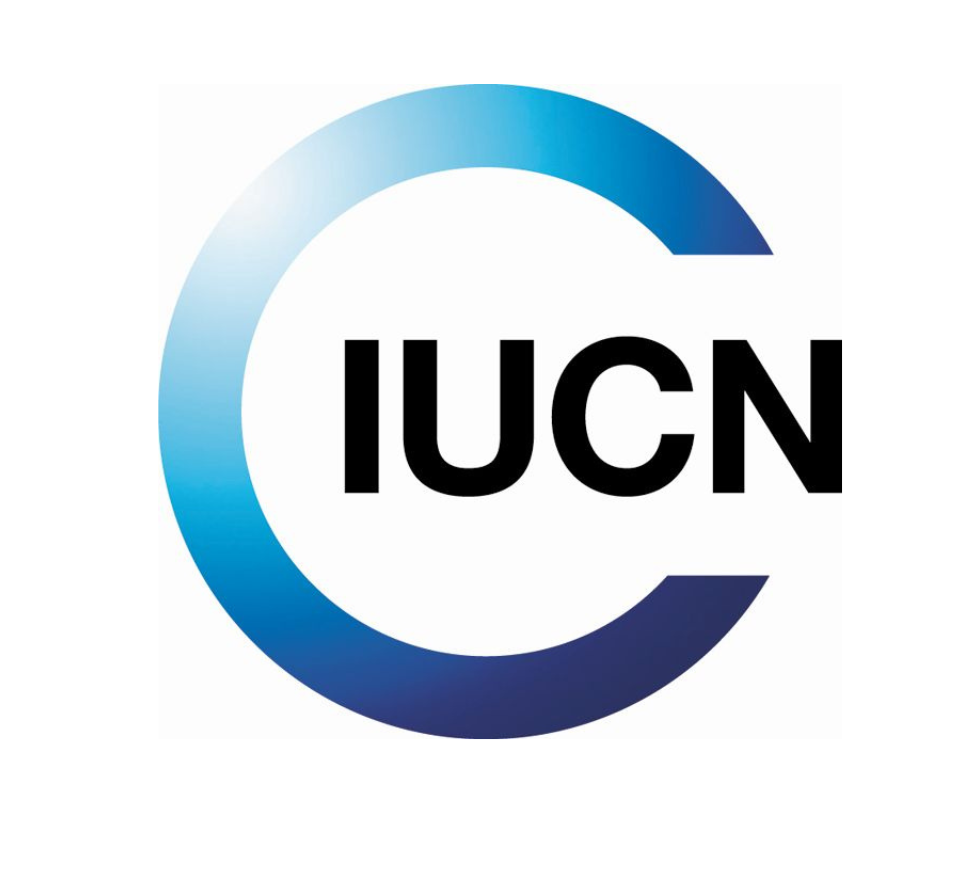 Translate
Translate
News
TFCA Focal Points from 13 SADC Member States Complete Capacity Building Workshops in Monitoring & Evaluation and Resource Mobilisation
24 November 2025
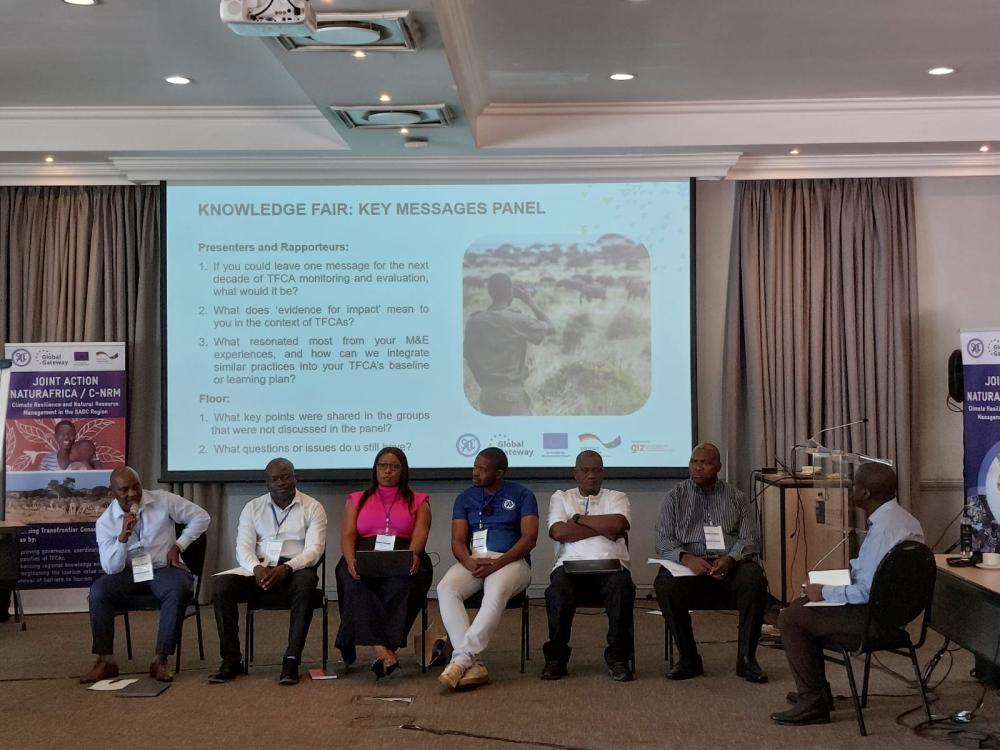
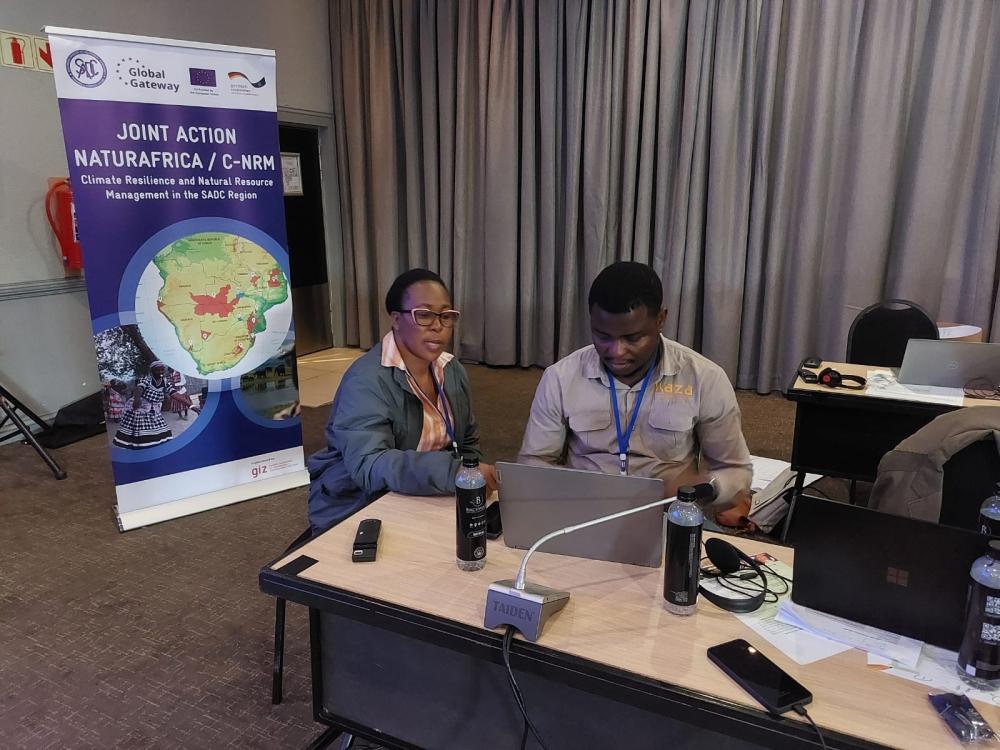
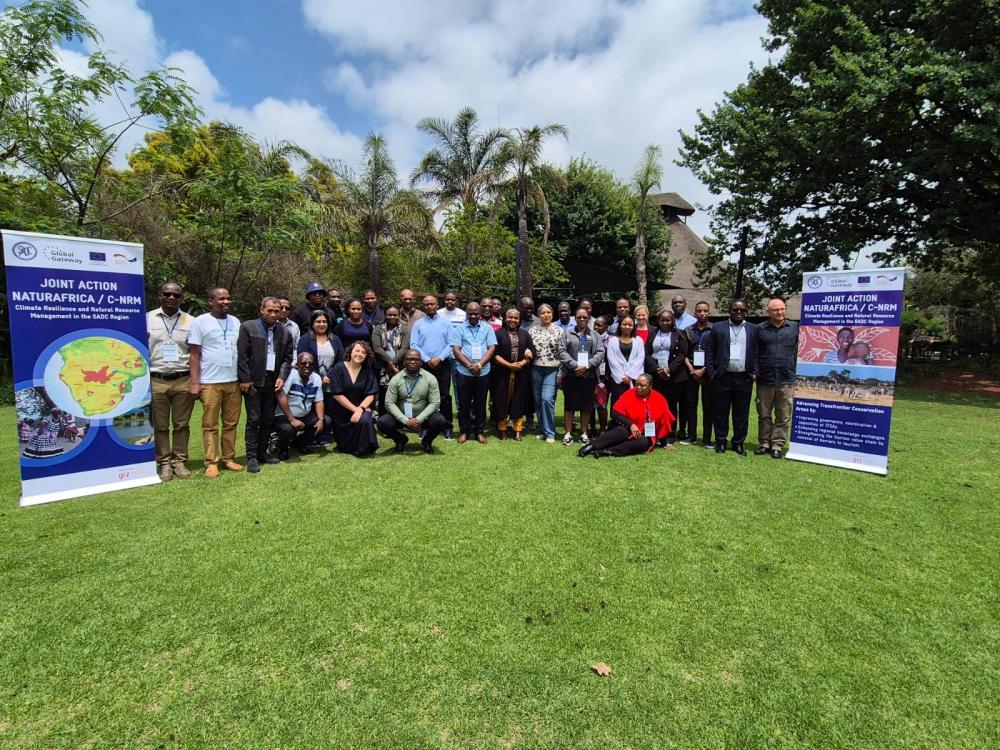

30 Transfrontier Conservation Areas (TFCAs) focal persons and representatives from 13 Southern African Development Community (SADC) Member States, have received training in the use of the revised SADC TFCA Monitoring and Evaluation (M&E) Framework as well as in Resource Mobilisation. The training, held from 03–07 November 2025 at Birchwood OR Tambo & Conference Centre, aimed to strengthen the monitoring of TFCA progress and enhance the mobilisation of sustainable financing for TFCAs.
Participating countries were Angola, Botswana, Eswatini, Lesotho, Madagascar, Malawi, Mauritius, Mozambique, Namibia, Seychelles, South Africa, Zambia and Zimbabwe.
Participating countries were Angola, Botswana, Eswatini, Lesotho, Madagascar, Malawi, Mauritius, Mozambique, Namibia, Seychelles, South Africa, Zambia and Zimbabwe.
This initiative is a key component of the implementation of the SADC TFCA Programme (2023-2033), that focuses on equipping national TFCA focal points with crucial skills on data collection to enable them to track the progress of the Programme and for enhanced accountability. The focus of the resource mobilisation part of the training was on creating awareness among TFCA focal persons to understand their role in working towards the achievement of Goal 4 of the TFCA Programme (2023-2033) which is to secure long-term sustainable finance for TFCAs through the Resource Mobilisation Capacity Building Initiative. The workshop emerged from a collaborative effort from the SADC Secretariat, working in tandem with the Joint Action NaturAfrica / Climate Resilience and Natural Resource Management (C-NRM) Programme, and the Sustainable Finance Coalition (SFC) which serves as the sub-grantee for the Resource Mobilisation Capacity Building Initiative.
This programme is a partnership between SADC, the European Union, and the German Government, implemented by Deutsche Gesellschaft für Internationale Zusammenarbeit (GIZ) GmbH which underscores the region's commitment to implement the SADC TFCA Programme (2023-2033).
As a major driver of regional integration, natural resource management and socio-economic development in the region, TFCAs are a key instrument for SADC. To enhance the monitoring and evaluation of the progress made in the landscapes, the Joint Action NaturAfrica / C-NRM Programme supported the SADC Secretariat in the revision of the SADC TFCA M&E Framework, which got endorsed in May 2025 and outlines the key performance indicators as well as the strategic use of the framework.
The Resource Mobilisation initiative was born out of the realisation that one the main reasons for the limited progress in the implementation of some TFCAs is limited access to sustainable funding largely due to limited capacity in developing bankable funding proposals as well as identifying other innovative funding mechanisms over and above the traditional sources of funding.
Addressing the participants, Ms. Ndapanda Kanime, Senior Programme Officer – Natural Resources and Wildlife at the SADC Secretariat stressed that “the SADC TFCA Programme had been approved in 2023 and Member States started with its implementation. Therefore, the existing M&E Framework had to be revised, which was done in the first half of 2025. Now it’s the time to implement both documents and the national focal points and participants of this week’s training will be fully capacitated in doing so”.
The coursework covered critical topics such as gaining a profound understanding of the key performance indicators, the roles and responsibilities when collecting and entering data, and an overview of the internal SADC M&E system. The participants also reflected on what data is already available as baseline data and what will be collected in future. The workshop highlighted the importance for Member States to work jointly on an action plan template for each TFCA to harmonise data collection.
In addition to providing the contextual background for the upcoming Resource Mobilisation Capacity Building Initiative, the presentations provided an overview of the Resource Mobilisation Capacity Programme workplan, and the trainees or participants selection criteria. A lot of emphasis was put on the role of TFCA focal persons in sharing the call for expressions of interest with eligible and potential participants in their TFCAs as well as endorsing and confirming the eligibility of each applicant.
In feedback received after the workshop, participants agreed on the value and knowledge gained from the workshop, stating that it helped them reflect on their significant role as TFCA focal points in implementing the SADC TFCA Programme.
It was also agreed that the participants of the training will regularly exchange and form a Community of Practice where challenges and issues can be discussed. This will be accompanied by professional coaching of consultants. It was further agreed that TFCA focal points will serve as the primary contacts for the Resource Mobilisation Capacity Building Initiative, as they are best positioned to identify key stakeholders within their TFCAs who can benefit from the training and support efforts to secure long-term sustainable financing.
For more information, contact: Mara Gellner mara.gellner@giz.de and Rabson Dhlodhlo rabson.dhlodhlo@giz.de
This programme is a partnership between SADC, the European Union, and the German Government, implemented by Deutsche Gesellschaft für Internationale Zusammenarbeit (GIZ) GmbH which underscores the region's commitment to implement the SADC TFCA Programme (2023-2033).
As a major driver of regional integration, natural resource management and socio-economic development in the region, TFCAs are a key instrument for SADC. To enhance the monitoring and evaluation of the progress made in the landscapes, the Joint Action NaturAfrica / C-NRM Programme supported the SADC Secretariat in the revision of the SADC TFCA M&E Framework, which got endorsed in May 2025 and outlines the key performance indicators as well as the strategic use of the framework.
The Resource Mobilisation initiative was born out of the realisation that one the main reasons for the limited progress in the implementation of some TFCAs is limited access to sustainable funding largely due to limited capacity in developing bankable funding proposals as well as identifying other innovative funding mechanisms over and above the traditional sources of funding.
Addressing the participants, Ms. Ndapanda Kanime, Senior Programme Officer – Natural Resources and Wildlife at the SADC Secretariat stressed that “the SADC TFCA Programme had been approved in 2023 and Member States started with its implementation. Therefore, the existing M&E Framework had to be revised, which was done in the first half of 2025. Now it’s the time to implement both documents and the national focal points and participants of this week’s training will be fully capacitated in doing so”.
The coursework covered critical topics such as gaining a profound understanding of the key performance indicators, the roles and responsibilities when collecting and entering data, and an overview of the internal SADC M&E system. The participants also reflected on what data is already available as baseline data and what will be collected in future. The workshop highlighted the importance for Member States to work jointly on an action plan template for each TFCA to harmonise data collection.
In addition to providing the contextual background for the upcoming Resource Mobilisation Capacity Building Initiative, the presentations provided an overview of the Resource Mobilisation Capacity Programme workplan, and the trainees or participants selection criteria. A lot of emphasis was put on the role of TFCA focal persons in sharing the call for expressions of interest with eligible and potential participants in their TFCAs as well as endorsing and confirming the eligibility of each applicant.
In feedback received after the workshop, participants agreed on the value and knowledge gained from the workshop, stating that it helped them reflect on their significant role as TFCA focal points in implementing the SADC TFCA Programme.
It was also agreed that the participants of the training will regularly exchange and form a Community of Practice where challenges and issues can be discussed. This will be accompanied by professional coaching of consultants. It was further agreed that TFCA focal points will serve as the primary contacts for the Resource Mobilisation Capacity Building Initiative, as they are best positioned to identify key stakeholders within their TFCAs who can benefit from the training and support efforts to secure long-term sustainable financing.
For more information, contact: Mara Gellner mara.gellner@giz.de and Rabson Dhlodhlo rabson.dhlodhlo@giz.de



